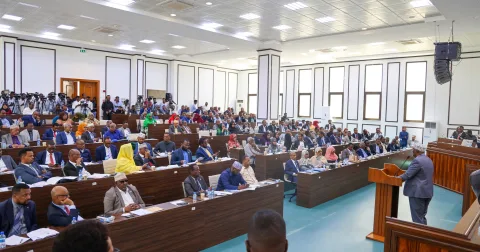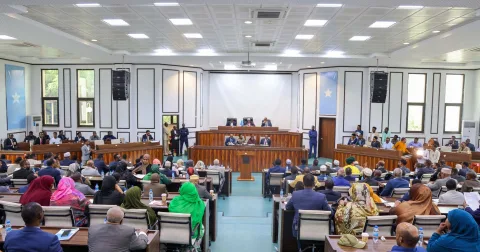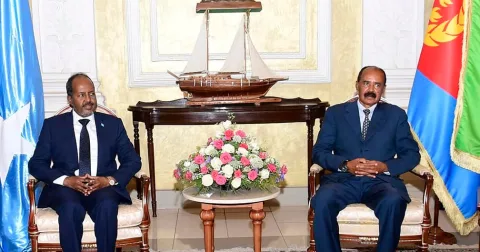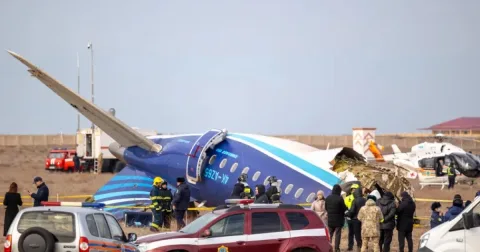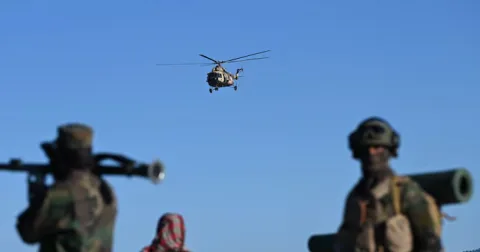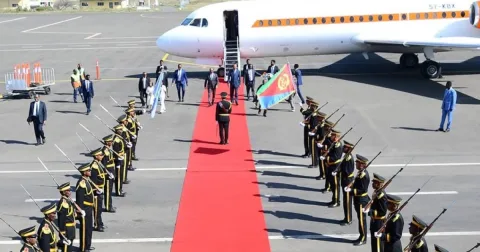The Security Council today called on the African Union (AU) to urgently increase the strength of…
 The Security Council today called on the African Union (AU) to urgently increase the strength of its peacekeeping force in Somalia (AMISOM) to its mandated level of 12,000 to enable it to better carry out its United Nations-authorized mandate to stabilize the war-torn country.In a unanimously adoptedresolution, the 15-member body extended AMISOM’s authorization until 31 October 2012, and called on Member States and regional and international organizations to provide additional equipment, technical aid and funding to the enlarged force, which since 2007 has been trying to bring peace to a country that has had no functioning central government for the past 20 years, during which it has been torn apart by factional fighting.
The Security Council today called on the African Union (AU) to urgently increase the strength of its peacekeeping force in Somalia (AMISOM) to its mandated level of 12,000 to enable it to better carry out its United Nations-authorized mandate to stabilize the war-torn country.In a unanimously adoptedresolution, the 15-member body extended AMISOM’s authorization until 31 October 2012, and called on Member States and regional and international organizations to provide additional equipment, technical aid and funding to the enlarged force, which since 2007 has been trying to bring peace to a country that has had no functioning central government for the past 20 years, during which it has been torn apart by factional fighting.
AMISOM currently has some 8,000 troops on the ground and early last month Al-Shabaab Islamist militants withdrew from Mogadishu, the capital, under pressure from the force in what UN officials have called an “extraordinary moment” of opportunity for progress to strengthen the transitional authorities as they prepare to set up a permanent democratic government by next August.
The Council called for a more permanent and increasing UN presence in Somalia, particularly Mogadishu, noted that this placed additional security pressure on AMISOM, and urged collaboration with the AU to develop an appropriate guard force within AMISOM’s mandated levels to provide security, escort and protection services to personnel from the UN and the international community.
With regard to launching a UN peacekeeping operation it noted that any such decision would have to take into account conditions set out by Secretary-GeneralBan Ki-moon in a report in April 2009, which include assurances of security for UN personnel and a political process that has gelled enough to permit the diverse political actors to agree on such a force.
That report was replying to a Council request to Mr. Ban to develop the mandate for a UN force that would include support for the flow of humanitarian aid, monitoring a ceasefire and assisting “in supporting the effective re-establishment and training of inclusive Somali security forces, including military, police and judiciary.”
Requesting Mr. Ban to continue to provide a logistical support package for AMISOM, the resolution the need for effective development of Somali security forces to ensure the country’s long-term security, and reiterates its call to Member States, regional, and international organizations to contribute generously and promptly to the UN trust fund for Somali security institutions.
The Council urged the transitional authorities based in Mogadishu to increase their transparency and combat corruption to increase their legitimacy and credibility, and voiced grave concern at “the dire and worsening humanitarian situation” due to the drought and famine, which has already killed tens of thousands of people, threatened the lives of 750,000 others and put over 3.2 million more on the brink of starvation.
It also voiced serious concern at increasing reports of conflict-related sexual violence and called on all parties to cease such abuses.
Meanwhile, a UN-backed group of countries and regional organizations supporting peace and reconciliation in the country, known as the International Contact Group on Somalia (ICG), wrapped up a two-day meeting in Copenhagen, Denmark, today with a call to the international community to continue contributing to life-saving and sustainable livelihood activities that would reduce the impact of future droughts and disasters.
The ICG also welcomed a consultative meeting of transitional leaders in Mogadishu earlier this month which adopted a detailed plan for completing the current transitional period, spelling out priority measures to be implemented by next August in the areas of security, writing a constitution, reconciliation and good governance.
“This is a moment of opportunity in the Somali peace process, which must be seized upon, coming as it does when the security situation on the ground is improving,” Mr. Ban’s Special Representative in Somalia Augustine Mahiga told the meeting.
“The humanitarian situation is depressing but has brought renewed international attention to Somalia as much as it has weakened the jihadists… This combination of opportunities and challenges must be met with creativity and resolve to energize the peace process in Somalia.”
Source: UN
